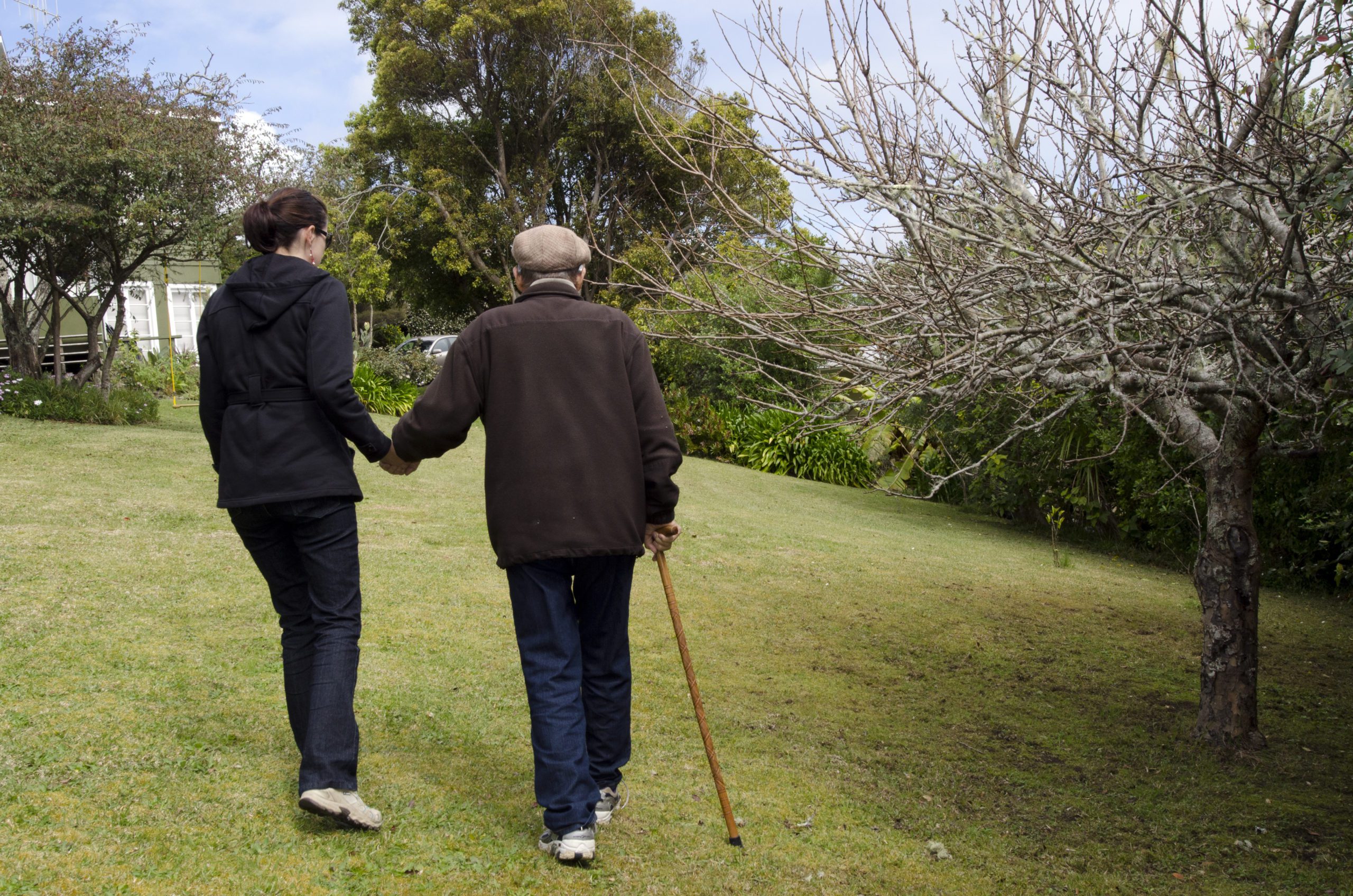Middle age can be a difficult time of life. Many people in this age bracket are carrying the load of a full-time job, hefty bill payments and parenting. One other component that has been proven to create a tremendous amount of stress involves the senior parents of 40 and 50-somethings. Often times, caregiving for them becomes another component to this equation and one that can create an emotional (and financial) toll.
CBS News recently covered this growing stressor, highlighting the costs and energy that go into caregiving for an elderly loved one. The article included results from a recent study that illustrates just how drastic a toll this can be.
According to research from The National Retirement Institute, 16 percent of women caregivers (and 6 percent of men) have to switch their full-time jobs to manage an ailing parent. An additional 12 percent actually quit work altogether. This can create a lot of anxiety when it comes to finances, leading to an increase in support from governmental programs.
“Our study found that only 20 percent of caregivers are able to receive some kind of financial support,” a Retirement Institute rep told the site. “More than half of them spend their own money, which on average can cost about $4,000 a month.”
And that just covers the money component. There is also the emotional rollercoaster that accompanies elderly caregiving. Additional survey results showed that 47 percent of grown children assisting their parents suffer from depression and almost 57 percent feel the need for counseling or professional support.
A more informal survey on the topic, carried out by Caregiving.com and shared on The Chicago Tribune, showed that caregivers for an ailing loved one rated their average stress level at 4.2 out of 5. In extreme cases, this has led to some tragic consequences. One example given was a recent murder/suicide in Illinois, where a caregiver shot the elderly patient, then pointed the gun on herself.
Denise Brown, an expert in the field who was interviewed by The Tribune, shared plenty of insights in the article.
“We can sometimes think no one will understand how hard this is or what really goes on during the day,” Brown explained. “The emotional toll of caregiving can be significant; it is isolating and lonely, and we really want people to know that there is support for them and there’s understanding and there is help. They don’t have to go it alone.”
We certainly agree with that sentiment and are more than happy to do our part to assist struggling caregivers. If this is an issue you, or someone you are close to, is dealing with, please do not hesitate to reach out.



